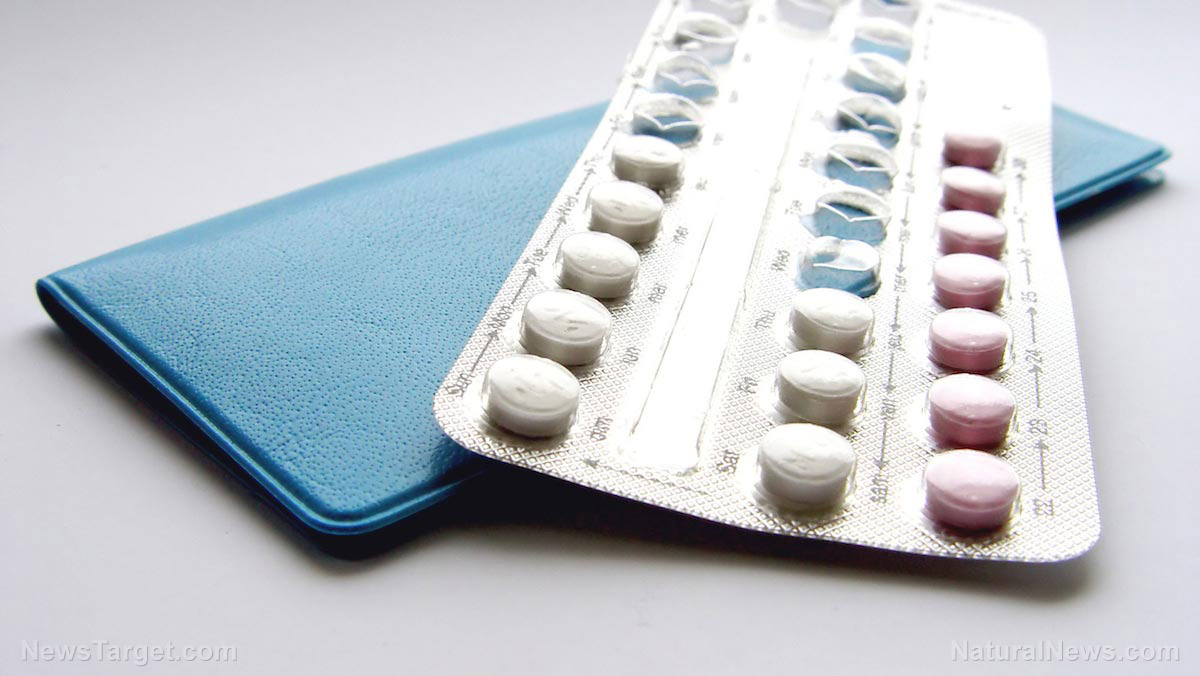Take it from a doctor: Heart surgeon says statins DO NOT work, can even increase risk of diabetes and obesity
02/28/2019 / By Cassie B.

If you aren’t taking statins, there is a good chance you know several people who do. After all, a quarter of the American population over the age of 45 takes one daily. Given their widespread use, you would think they are incredibly effective and safe, but nothing could be further from the truth – and some doctors are speaking out about the dangers.
When a respected heart surgeon like Dr. Dwight Lundell, who is the retired Chief of Surgery and Chief of Staff at Arizona’s Banner Heart Hospital, voices his concerns about statins, everyone should take notice. With 25 years of experience and more than 5,000 open heart surgeries under his belt, the doctor recently confessed that he, like many other physicians, has been getting it wrong when it comes to statins.
Dr. Lundell said that statins are no longer working, and the recommendations to take such medications and severely restrict fat intake are “no longer scientifically or morally defensible.”
As you might expect, his comments were not welcomed by the medical industry. Statins are huge money-makers in a population that is rife with obesity, poor eating habits and heart health concerns. Costing anywhere from $53 to $600 per month, drugs like Lipitor have racked up lifetime sales of $125 billion, while Crestor, 2013’s top-selling statin, generated $5.2 billion of revenue that year alone. With more people taking these drugs than ever, why are heart disease-related deaths still rising?
Lundell says that it’s time for a paradigm shift in how heart disease is treated now that we know its true cause is arterial wall inflammation. He said that foods full of sugars and simple carbohydrates, along with processed foods with omega-6 oils, “have slowly been poisoning everyone” and our bodies react to such “foreign invaders” with inflammation in the walls of arteries. If this inflammation is the cause of heart disease rather than high cholesterol, of course, there is no need for cholesterol-lowering statins. The inflammation, he says, causes the cholesterol to accumulate in blood vessel walls, so it’s the inflammation that we need to target.
Those whose livelihoods depend on statin profits won’t be too thrilled with his advice: “By eliminating inflammatory foods and adding essential nutrients from fresh unprocessed food, you will reverse years of damage in your arteries and throughout your body from consuming the typical American diet.”
They’d much rather have people continuing to bark up the wrong tree, avoiding beneficial fats in favor of the very processed foods that create high cholesterol in the first place so they can convince you that you need their medications to bring it back down – medications that cause a slew of other health problems that will only drive you to need even more pills as the profits pile up.
For example, statins have been shown in studies to double your chances of developing diabetes and raise your risk of suffering serious diabetic complications, and they’ve also been linked to obesity.
Try a natural approach to heart health
So what should you do if you want to enhance your heart health? Increasing your physical activity, regardless of your current level, can make an impact, whether you’re completely sedentary and decide to start taking an evening stroll a few times a week or you already lift weights and choose to increase your reps.
Avoiding the foods Dr. Lundell identified as dangerous for heart health is another step that can make a big difference, so say goodbye to simple sugars and carbohydrates like refined sugar, white bread, and cookies, along with processed food.
While statins aren’t nearly as effective or safe as those who sell them would like you to believe, there are some very simple and affordable ways to keep your heart healthy without any negative side effects.
Sources for this article include:
Submit a correction >>
Tagged Under:
arterial wall inflammation, bad doctors, Big Pharma, cholesterol, diabetes, diabetes science, fight obesity, heart attacks, heart health, high cholesterol, medical myths, obesity, pharmaceuticals, statins
This article may contain statements that reflect the opinion of the author





















